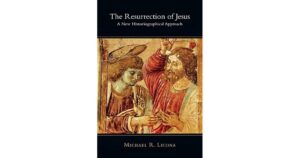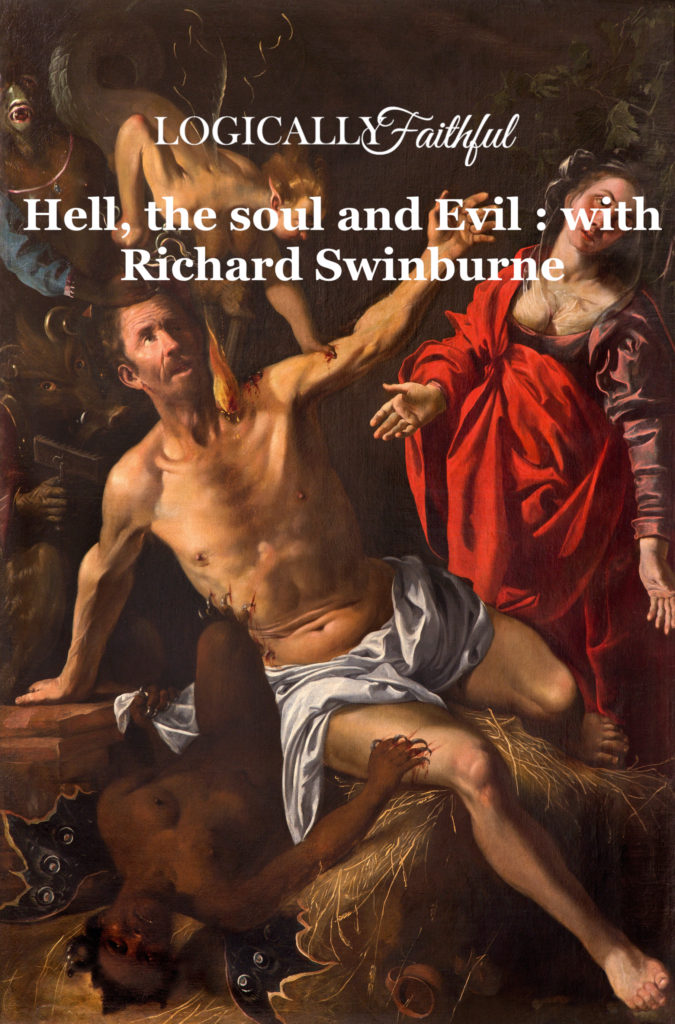“I’ve doubted the truth of my Christian faith many times; sometimes to the point of almost walking away from it. I’ve asked myself, “Have I been brain-washed? Am I unable to think objectively because I was brought up to believe? What if I’m wrong?” I have the peace Paul describes as being the inward confirmation of God’s Spirit that I belong to Christ (Romans 8:16); at least some of the time. But Mormons also claim to have a confirming peace from God, as do followers of some other religions. Certainly, we all couldn’t be correct if Christianity is true, since many religions contradict themselves. So, how can I know whether my peace is really from God? That’s a tough question.” These are Dr. Licona’s own words.
In this podcast, (scroll down and hit play) I had the privilege of interviewing world-class, New Testament Scholar Mike Licona!
Chapter 1 of the book The Resurrection of Jesus: A New Historiographical Approach, describes how historians try to find out what actually happened in ancient history.
Mike’s 5 criteria that support the historicity of any event.
- Multiple, independent witnesses – If several witnesses who aren’t copying each other say the same thing, the event is more likely to have happened.
- Enemy witnesses – If an enemy of the event admits the event happened, it’s more likely to have happened.
- Embarrassed witnesses – If a recorded event is something that wouldn’t have been made up by the author because it is embarrassing to his cause, the event is more likely to have happened.
- Eyewitness t
 estimony – Eyewitness testimony is more valuable than hearsay.
estimony – Eyewitness testimony is more valuable than hearsay. - Early testimony – The closer a source is in time to the events it describes, the less time there was for the story to be embellished and corrupted.
See this brilliant SHORT video about the historical facts of Jesus’s Resurrection
Here are the four key actions for dealing with doubt we discussed on the podcast:
- Recognize that doubting is normal.
- Recognize that good evidence exists supporting the truth of Christianity.
- Recognize that absolute certainty is an unreasonable expectation.
- Recognize that faith is more than a feeling or being without doubt. It’s a commitment. For more on dealing with doubt, readers may greatly benefit from the free online book by Gary Habermas titled The Thomas Factor: Using Your Doubts to Draw Closer to God.
For a comprehensive historical case for the resurrection of Jesus, see his recent book The Resurrection of Jesus: A New Historiographical Approach.
Podcast: Play in new window | Download



